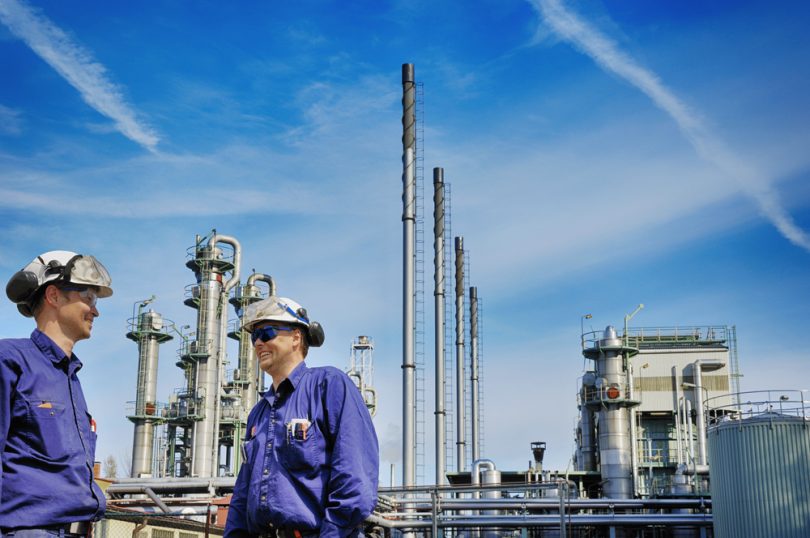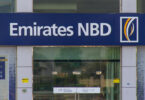VAKT, the blockchain-powered post-trade settlement platform for commodities is set to go live by the end of 2018, according to reports from S&P Global Platts.
The platform is backed by BP, Shell and Koch and will initially cater to the North Sea oil market. However, the plan for 2019 is to involve ARA barges, waterborne markets and US crude pipelines.
VAKT offers a movement away from traditional paper-based transactions, which are costly and prone to errors. Their blockchain solution will allow parties to share mutually beneficial information safely and securely. Furthermore, the traders will have access to an immutable single source of truth, meaning that reconciliation and operational data issues will be eliminated.
One question is what does VAKT cover? “This is not a trading platform, nor a settlement platform – there is no cryptocurrency involved. But it is everything in between: deal recap; confirmation; contract; logistics (the really big element in all this) — and invoicing,” Lyon Hardgrave VP of VAKT told Platts.
VAKT has also partnered with a number of banks including ABN AMRO, ING and Societe Generale to offer a faster and seamless trade experience.
Overall, VAKT expects users to enjoy a 30% – 40% efficiency and trade finance savings in post-trade processing.
However, recently many of VAKT’s backers in both the oil and bank sectors have formed a separate commodity trade finance platform called komgo which grew out of Easy Trading Connect, a project developed by the same three banks.
However, at the opening of the S&P Global Platts Digital Commodities Summit in London David Shrier of Oxford University’s Said Business School is reported to have said that he expects the digitization of the commodity trade ecosystems to take close to a decade with consistent regulation either coming within ten years or never.






